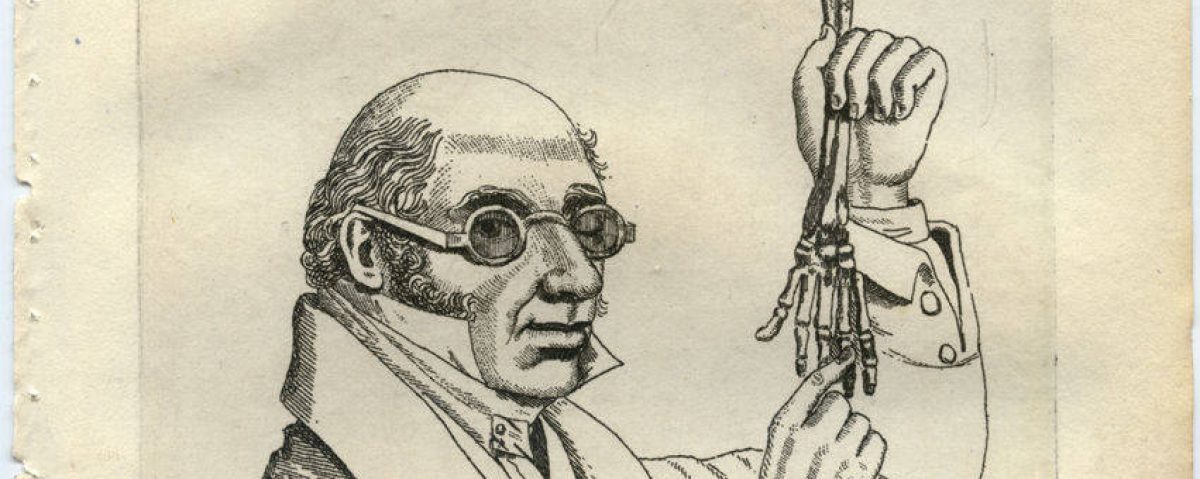https://docs.google.com/document/d/1NkibBoR6_Tk-JmjlyzcZLpULIUOqLnU1EoqaK2XwdYs/edit?usp=sharing
Author: Abigail Johnson
Johnson, Nolan, DeSario Project 2 Draft 2
Project 2 Initial Draft
Abbey Johnson, Nick Nolan, Isabella DeSario
https://docs.google.com/document/d/1S1mhsWLMHyeKqTziqltVTeDBH4-Yp_Xh4JH884uM6mU/edit?usp=sharing
Discussion Group 10/25
In this discussion group, we will talk about shortcuts. We’ll touch on the benefits and drawbacks of taking shortcuts, how shortcuts affect our everyday, and how we sometimes take shortcuts without even noticing.
Date/Time: Friday, October 25 @3pm
Location: CSI(room with all of the windows on the 2nd floor of Sykes)
Response to Nick
Discussion Group Members: Kyle, Mimi, TJ, Nick, Abbey, Adam
A lot of what our group talked about was the impact that a student can have on their own education. We discussed how education can be a trade of information and an open discussion between students and teachers can be extremely beneficial. Group members also brought up the importance of experiential learning. We all talked about how we absorb information for a longer period of time when we experience the information or learn it in a more hands-on way. Experiential learning can be much more impactful than textbook learning or lecture learning. It has been proven to be easier to learn something if you can relate to it, or have specific memories involving the information. Discussion groups can also be helpful in a learning environment because students can choose what they find most interesting/important to talk about. Teachers can also learn more modern practices from students if there is an open discussion. Overall, it is important for students to be given power and choice when it comes to their education.
Response to Sami Kakar
Attendees: Dana Roeder, Nick Nolan, Isabella Desario, Sami Kakar
In our group, we discussed the idea that students and teachers can learn from each other, rather than just the students learning from the teacher. We talked about how students can teach just as much as teachers, but both parties need to be open to the idea. The flow of information cannot work unless the students and teachers agree on having open communication. We touched on how the changes of lifestyle between generations can be one of the great ways in which students and teachers can learn from each other. We had a lot of great exchanges in our discussion and were able to easily bounce relevant ideas off of one another. As a group, the conclusion we agreed upon was that teachers can learn from students, as long as they are willing. If they are open to learning from their students, and their students are willing to teach them, it is very beneficial. Often, the best teachers are those who learn from their students every day.
Response to Dana Roeder
Abbey Johnson, Isabella Desario, Leah Schreffler, Sami Kakar, Dana Roeder, Nick Nolan
The majority of what we discussed was that in our current education system, students are being taught to memorize information, rather than being taught to understand the information presented to them. Many students memorize facts for an exam and then forget the information soon after. People in our group talked about how a classroom can almost become robotic because the class is being presented to them in a very cut and dry way. A common idea that we brought up is that it would be beneficial for students to experience information in a hands on way, rather than reading from a textbook or listening to a lecture and powerpoint. I believe that this lecture format could be most improved in higher education, like high school and college. It is at this stage in a students educational career that they usually decide their career path. If they lose interest, then they might lose the opportunity to follow their passions. A few ways in which a classroom could become more engaging is through hands on demonstrations, guest speakers, and field trips. Ideas like this could help students to understand information, rather than just memorize it for a short time and then forget about it.
